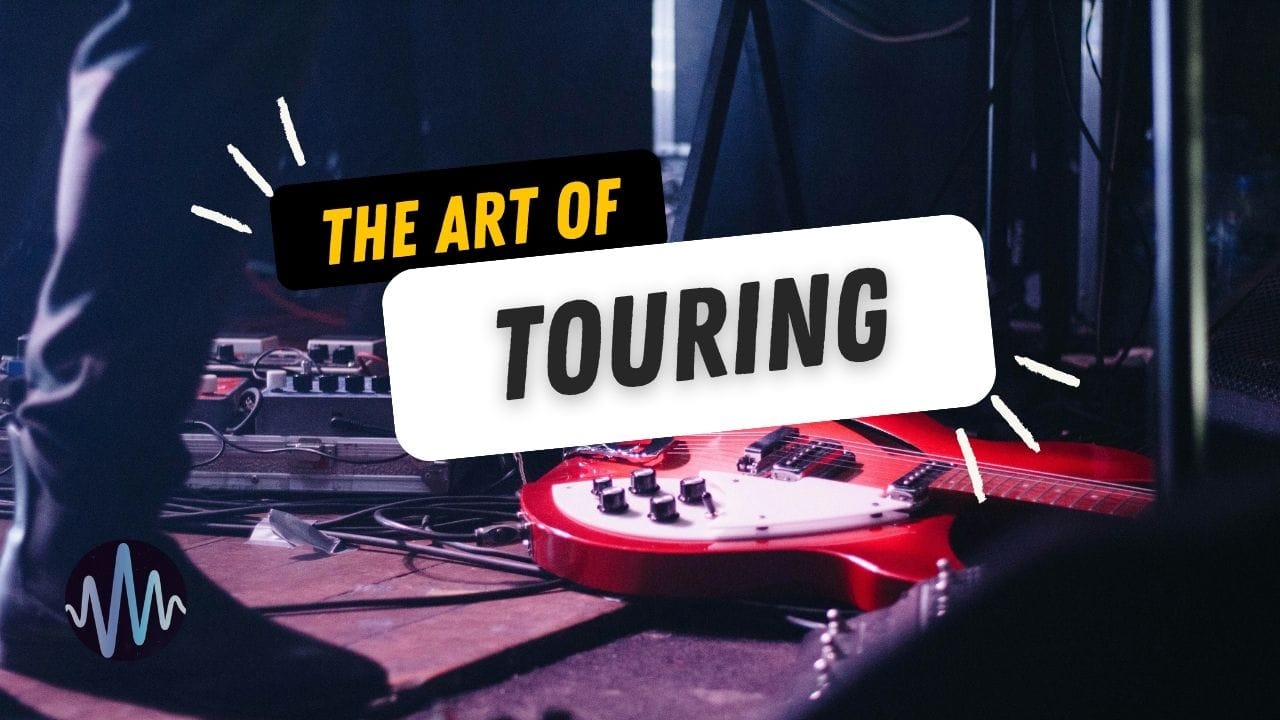
Touring might not be as blazoned a revenue source as syncing or subscription models these days, but it’s undoubtedly the financial backbone of many artists’ careers. Plus, when done right, it can become an unforgettable life experience!
Touring requires careful planning, organization skills, and the ability to improvise, on stage as much as in life.
I have a few tours under my belt, and inspired by my recent 4-week music trip around Japan, I decided to delve into the world of touring, and share my 50 cents on what it takes to organize a successful tour, regardless of how long or ambitious it might be.
Budgeting

The excitement of actually going on tour often overshadows the financial aspects of such an endeavor. That’s especially true for independent artists and labels, who might forget that a tour is only successful when it either breaks even, or generates long-term benefits that justify costs and effort.
A tour should begin with a careful plan and a clear budget.
It’s easy to romanticize the idea of playing night after night in different cities, but the reality is that costs add up faster than you can imagine. Flights, trains, van rentals, accommodation, meals, fuel, instrument shipping, insurance, broken gear, and so on.
Create a realistic spreadsheet with fixed costs (transport and accommodation) and variable costs (daily meals or local travel). When you come up with a number, add an extra 30%, and that’s how much your tour is going to cost you, if all goes well!
Because it’s impossible to predict all the things that can go wrong while on tour, but rest assured that things will happen, and you’ll be the one to pay for them.
Especially if you’re a small act, budget conservatively and avoid relying on optimistic ticket sales projections. A concert can go wrong or get cancelled for endless reasons, so plan your tour based on your past events and experiences, and not ideal scenarios.
Travel Planning
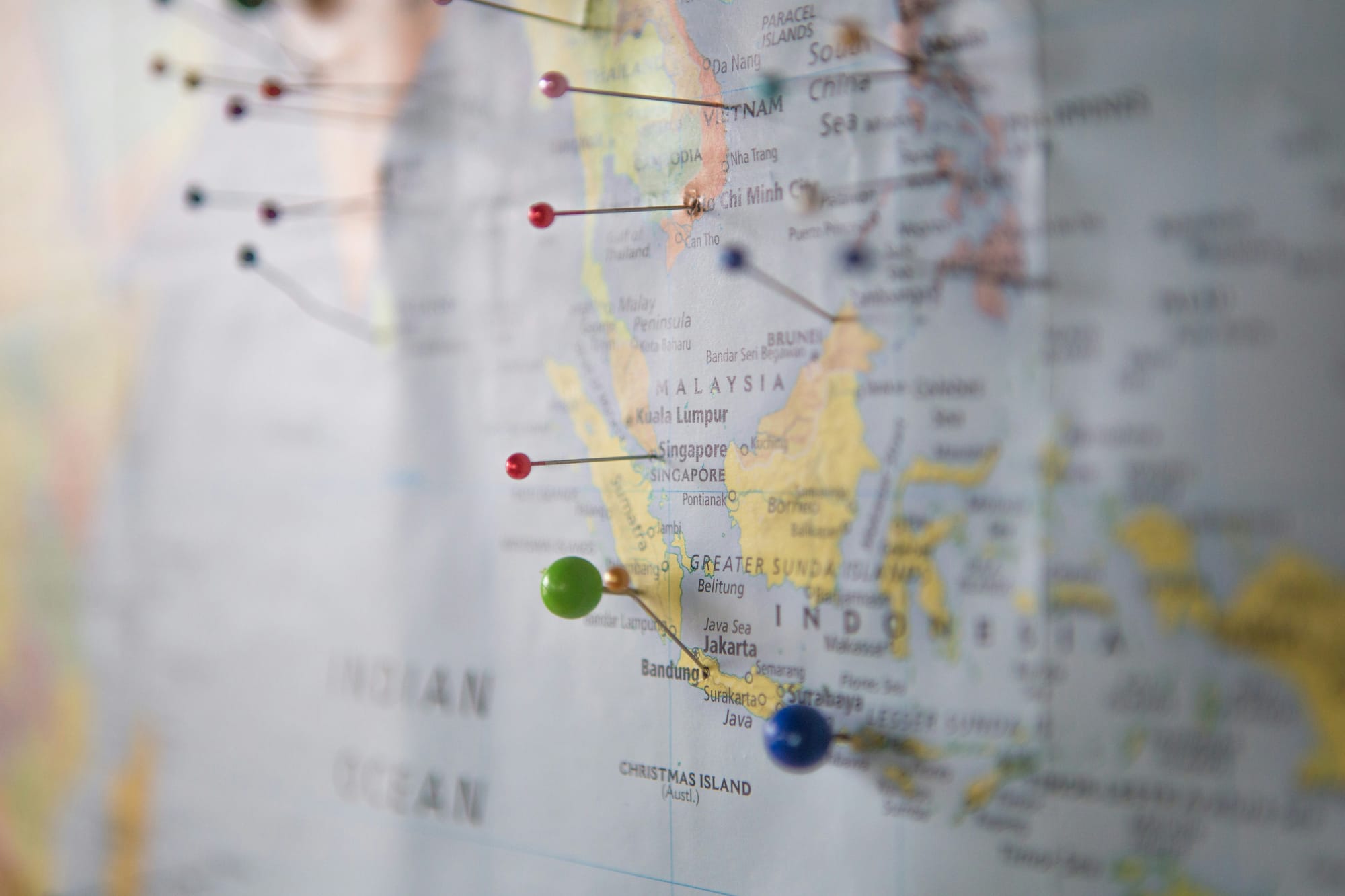
Plan your journey as early as possible, while leaving enough space for last-minute adjustments and giving yourself breathing room whenever possible.
Remember that the tighter the schedule, the higher the chances of missing a train or flight, causing delays and extra costs that’ll add up overtime.
Especially if you travel by plane, make sure you check the luggage weight and size limits of all the flight companies you travel with. For instance, while touring in Japan, I traveled with three different local flight companies, all with different luggage limits, and once I ended up being charged extra because my luggage was over the limit.
Touring is exhausting, but realistic travel planning can both keep you sane and save you money. Avoid zigzagging across cities: group dates by region, and make sure you have a place to stay after each gig (if you have a touring van, check nearby camping areas beforehand).
Finally, remember to eat and sleep. I know it may sound silly, but trust me, after a few days on the road it becomes difficult to keep a normal daily schedule. However, it’s extremely important you’re in good shape, physically and mentally, so plan meal breaks and relaxing moments to preserve the harmony and well-being of the band.
Exploiting Your Local Scene
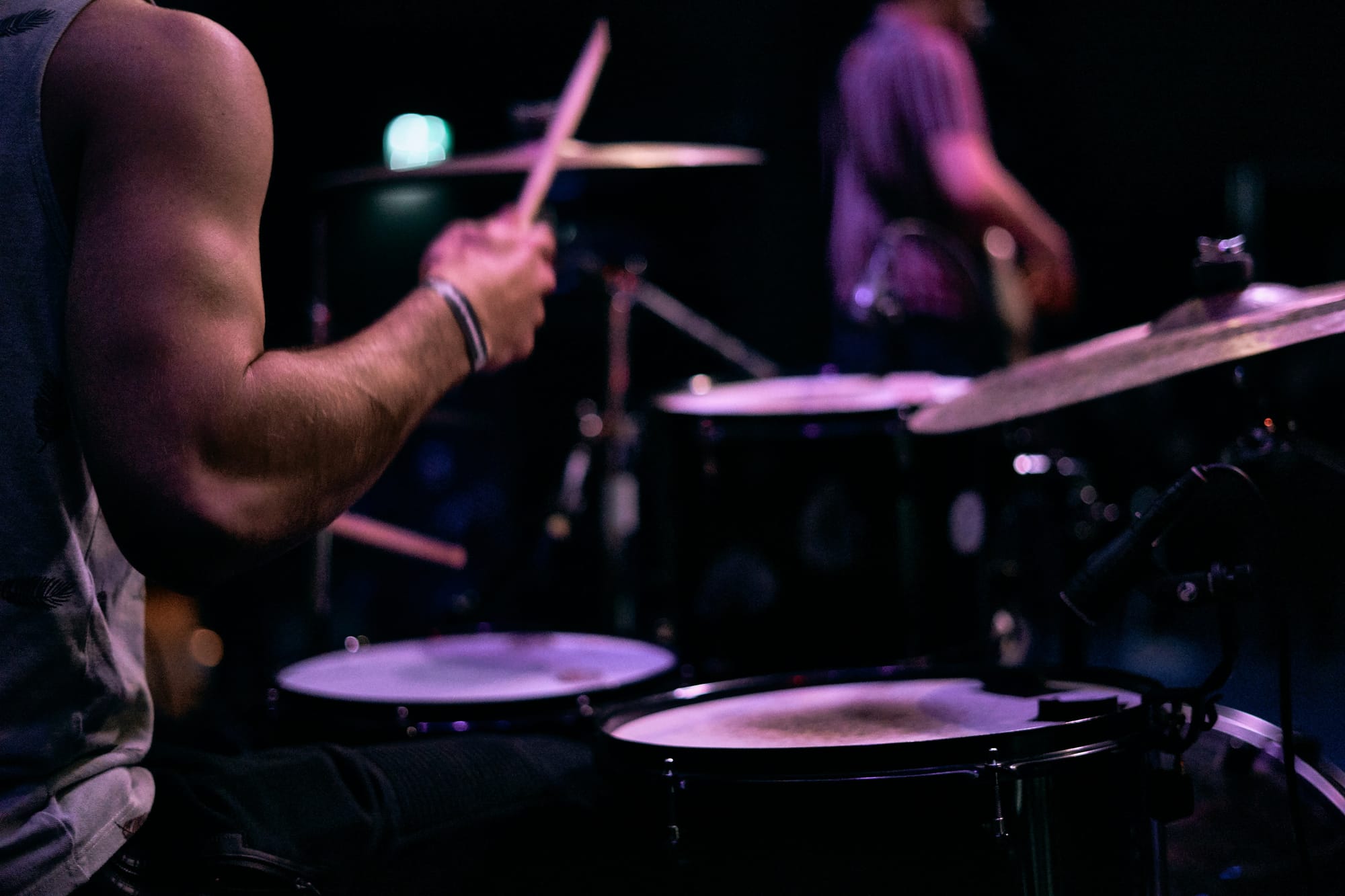
Depending on where you’re based, organizing a series of shows in your area (a 100–200-mile radius) can provide many opportunities with little financial risk. Going local also makes it easier to build a strong network of promoters, venues, collectives, photographers, and fellow musicians over time.
If your goal is to become a well-known player in your area, the best approach is to become a freelance musician, playing with various artists whenever needed to get as many gigs as possible.
In order to do that, you need three things: to be a skilled player, be willing to play a lot and many different genres, and be a decent human being.
Treat it like a full-time job: aim to play five or six nights a week, and make sure people know you’re available at short notice. Reliability is rare in the music industry, so word travels fast when you're trustworthy. Show up on time, keep a good attitude, and stay sharp both on and off stage.
Have solid chops across multiple styles; play everything and always play it like it matters.
Ask for referrals, follow up, and build a reputation, one gig at a time. Success usually comes from a mix of steady effort. Joining the local music school can really help, but so can being in the right scene at the right time.
Also, many top venues have the events curated by an agency, and being on their radar means more chances for last-minute fill-ins and better-paying gigs.
Some cities, like Nashville or NY, are fertile grounds for musicians, so consider moving to a new city if your local scene feels limiting.
All in all: Respect your art. Get paid. Be kind. Play well. And keep showing up.
Fans’ Location
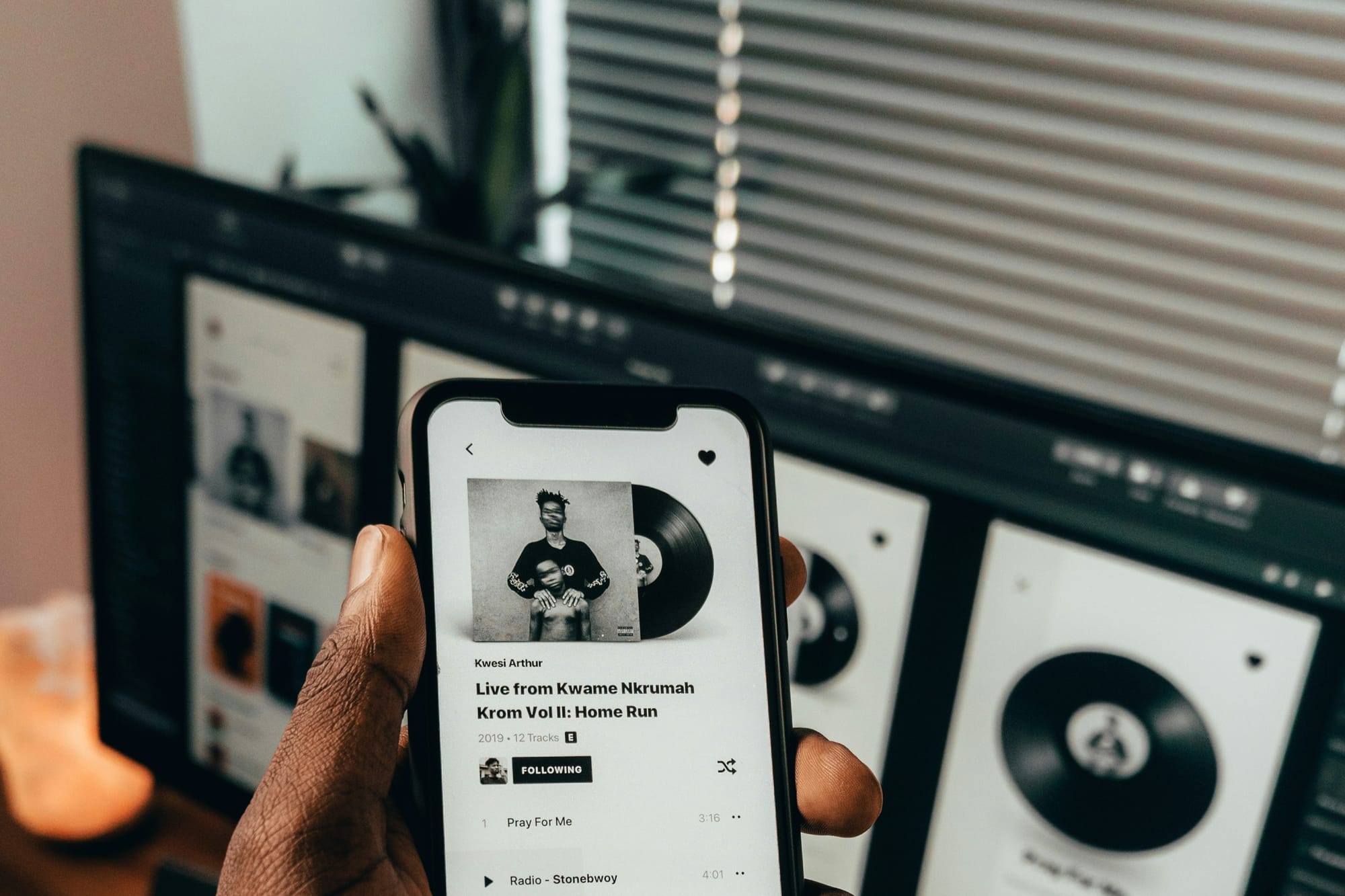
Understanding where your fans are based will give you a clear idea of where your band can host successful shows. Plenty of music platforms offer analytics that show your listeners’ location, so use that data to curate your tour.
Start with Spotify for Artists and Bandcamp to see where your listeners are. Check the engagement on social media and see where people come from: your most loyal fans can be the most powerful marketing tool at your disposal, and help you attract a local audience when your tour reaches their city.
You can also ask your fans where they’d like to see you play. There’s no better way to start a tour than organizing a show where you already know there’s a potential audience for your music.
Tour Manager
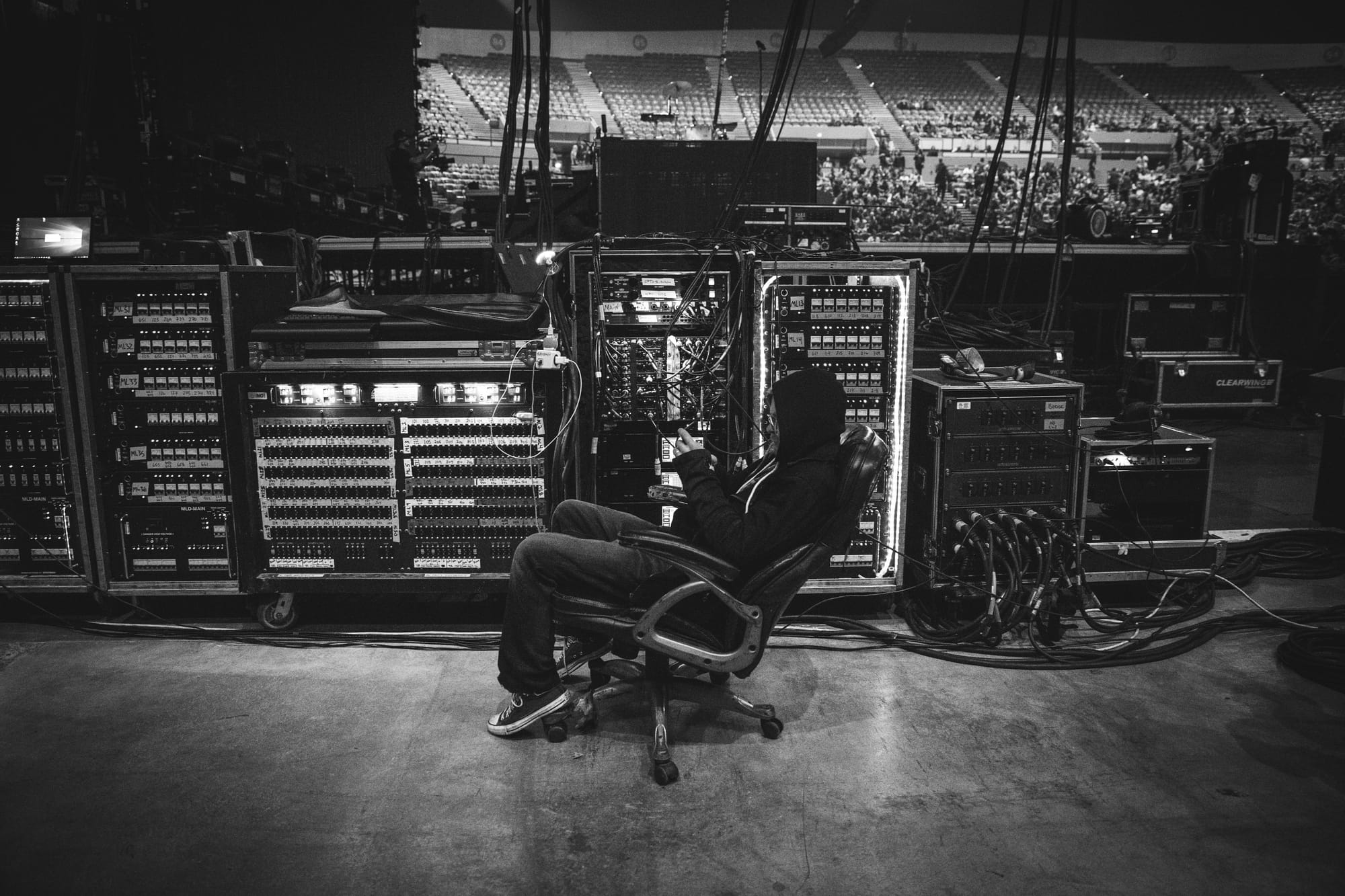
For our recent tour in Japan, we hired a tour manager for the first time, and now I wish I had done it sooner! Not every tour needs a manager, but having one can make a huge difference.
A good tour manager handles logistics, keeps things on schedule, connects with venues, and handles every inconvenience that may (will) happen on the road.
If one of the bandmates is managing the tour, they’ll have to think more like a businessman than an artist. Keep spreadsheets, contact lists, show riders, and travel details organized, and be aware of all important deadlines and dates.
If you’re a small band or artist, a tour manager can be a friend who loves your music and has good organizational skills. Make sure they’re serious about the role and that they can commit for as long as needed. The last thing you want is to end up being without a tour manager halfway through the trip.
Personally, I always found it hard to get my creative and business-like sides to coexist, but it’s also something I’ve had to do many times throughout my career. Being a musician and a manager is hard because these two roles often have conflicting goals, and require totally different mindsets. That said, once you learn how to be creative and organized at the same time, it’s almost like having a superpower.
Booking Agency

Getting to a level where a booking agency is willing to collaborate with you is a great achievement! It means that people outside of your local area are interested in seeing you perform live, and that a business is ready to invest in you.
Working with a booking agent can help you organize shows in different cities or countries; agents often have established relationships with promoters and can secure better slots, support gigs, or festival appearances.
However, most agents only take on artists who already have a following. As a rule of thumb, booking agencies look at the audience at your local gig, and assume you’ll attract 30%-40% of that number when hosting a show outside of your area. Finding a booking agency if you attract 300 people or fewer at a gig in your city might be hard. That said, it’s definitely worth a shot!
Merchandise

Merchandise is the revenue stream that can save your tour. It’s the one thing you have total control over: you can bring your back catalogue and sell it for cheap to empty your store shelves, create new merch for the tour, sell special edition copies, sign CDs and vinyl for your most dedicated fans.
There are many ways you can turn your store into a profitable and reliable revenue source, and as long as you make your fans happy, they’ll support you and buy anything you create for that special occasion.
Make sure your store offers plenty of things people can buy, from CDs to records, tapes, T-shirts, tote bags, caps, zines, stickers, posters, or anything else you can think of. It’s important to have something for all budgets: there might be a fan willing to pay hundreds of dollars for a signed record, but don’t forget the hundreds of people who might buy a sticker for $2. Every sale counts!
Finally, don't forget to provide as many payment options as possible: cash, card, contactless, PayPal, and so on.
Sponsorships
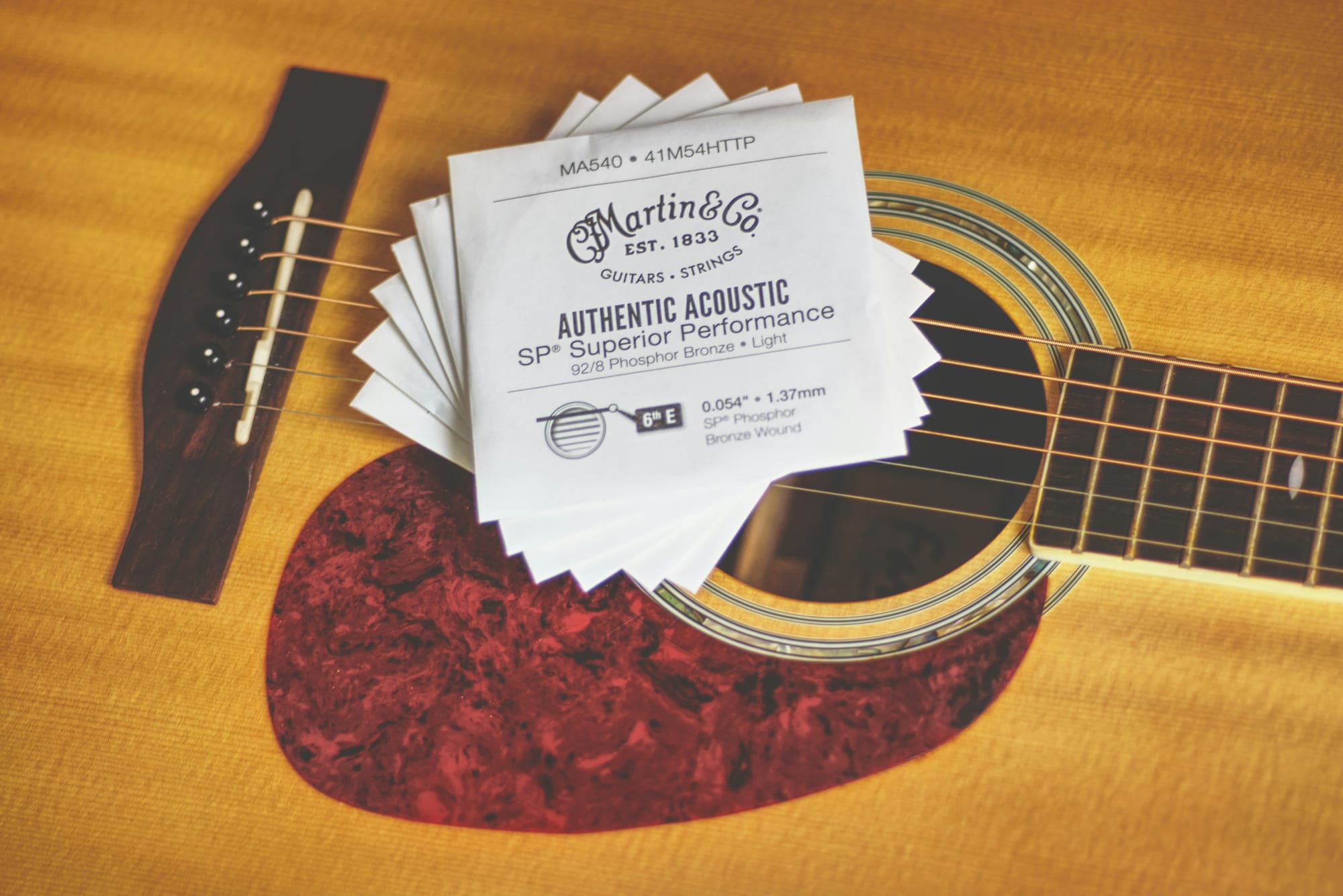
What I always tell independent musicians is that sponsorships aren’t just for big names. Local brands, cultural institutions, and music-related companies often sponsor tours regardless of their size, so long as you can demonstrate a good fit with their values or target audience.
Our first tour in Asia was sponsored by an organization promoting cultural relationships between Asia and Europe. Their support covered all the flight tickets, which were the most expensive part of our budget.
First, focus on music manufacturers whose products you use and know well. Make sure you have great visuals that clearly show you using their products: they might see value in sponsoring you if they can gain visibility by doing so.
Sponsorship is not just about money. You might end up saving hundreds of dollars by having a producer offering limitless supply of guitar strings or drumsticks while touring.
Options are endless, but try to aim for one or more of the following: free gear, discounted travel, small grants, or cross-promotion with local producers. Reach out with a clear proposal: who you are, what your tour is about, and what the sponsor gets in return.
Final Thoughts
Touring should always be an exciting adventure and a learning experience. When done right, it becomes a powerful moment of connection between you and your audience, and a perfect testing ground for your new music.
Plan carefully, do your research, and be ready to adapt. The first tour can be tough, but if you treat every mistake as a lesson and stay open to new risks, there’s no limit to where it can take you.
Good luck, and enjoy the ride!


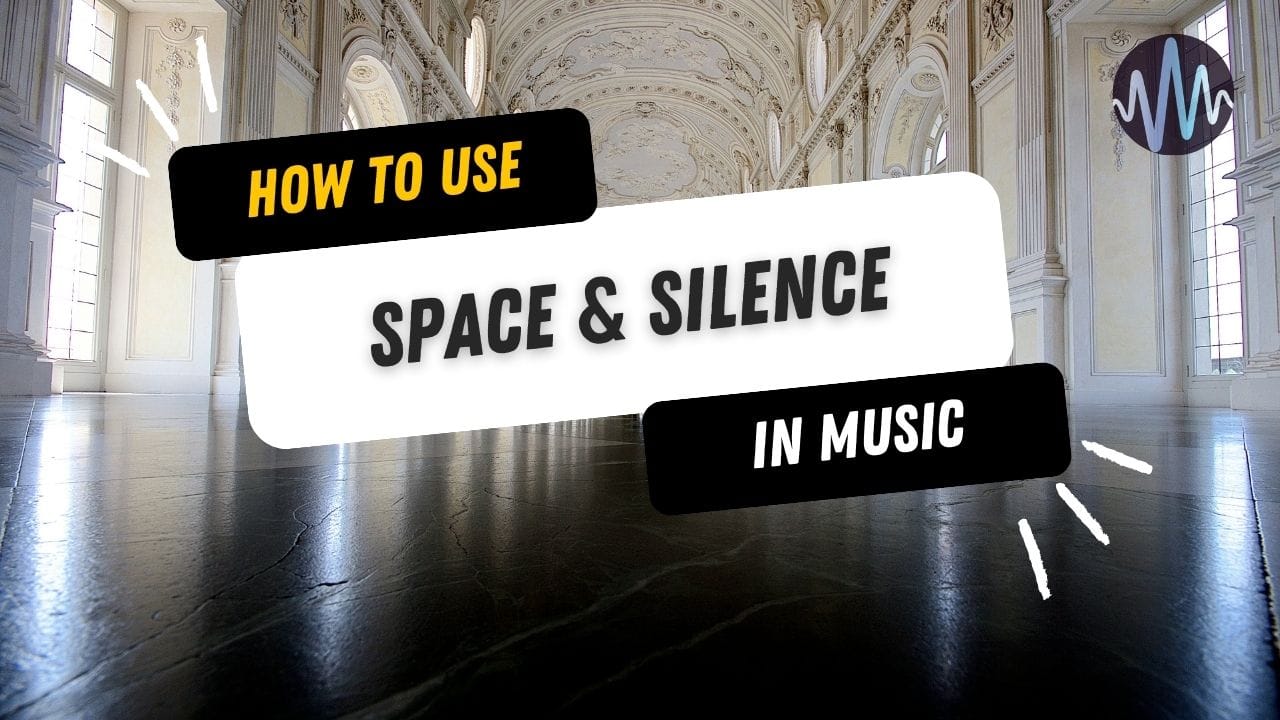

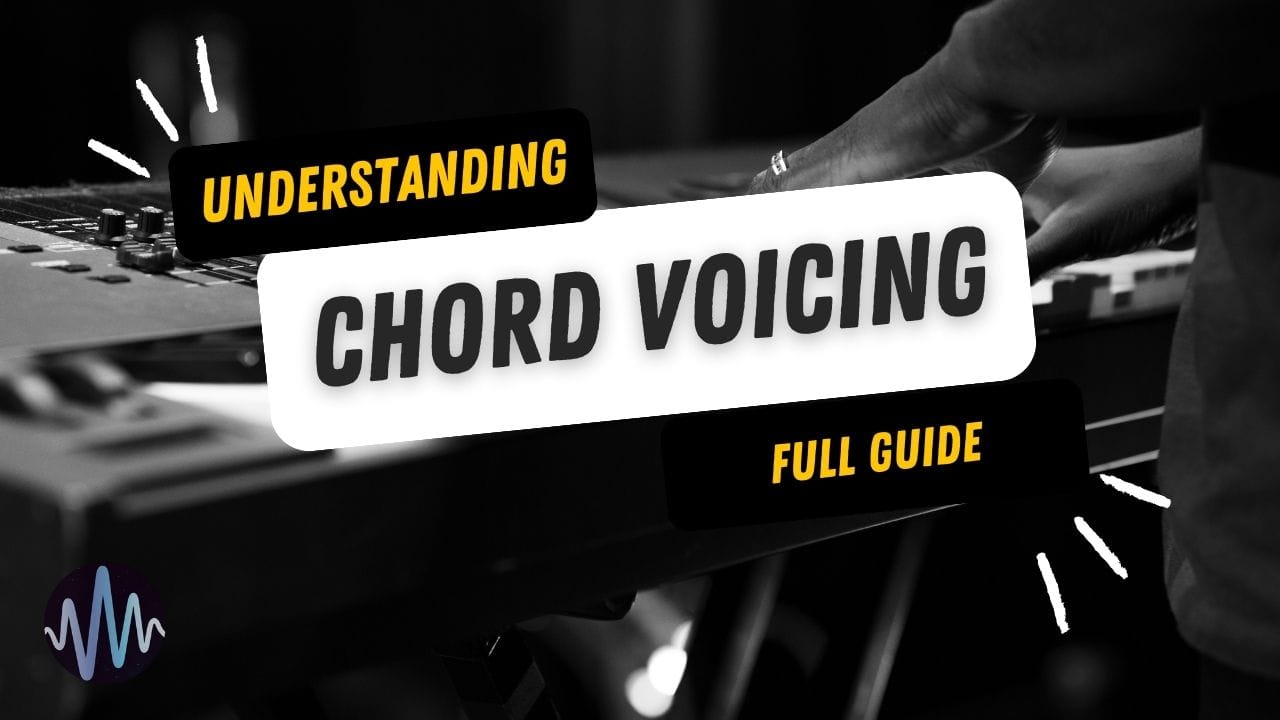
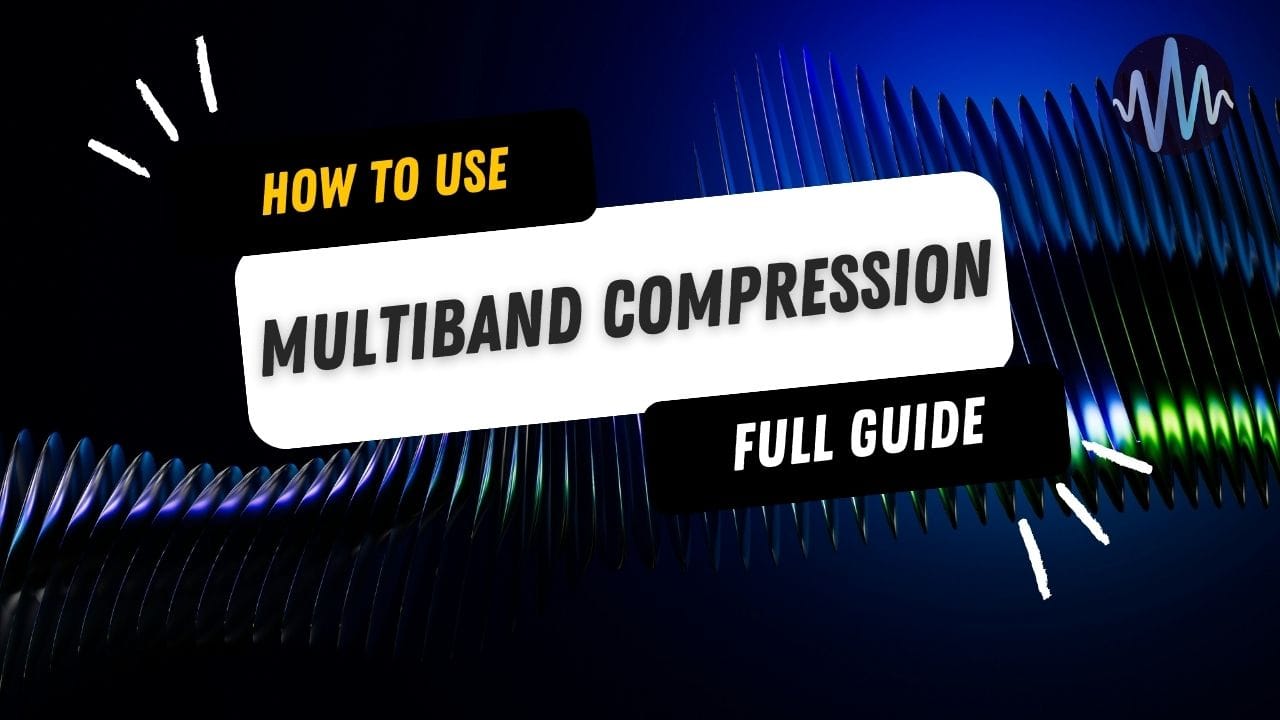
Comments